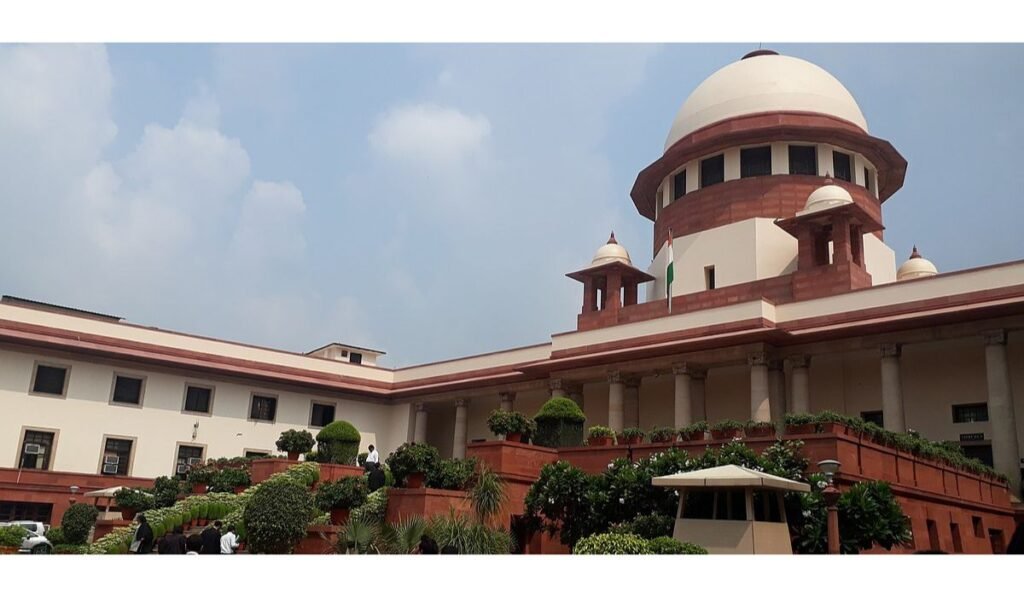The Supreme Court of India acted on Sunday regarding the alleged rape and murder of a 31-year-old doctor at R.G. Kar Medical College. They scheduled a hearing for August 20. This incident, occurring on August 9, has triggered widespread protests and strikes by medical professionals nationwide. Furthermore, the Kolkata doctor case highlights systemic issues and has intensified calls for reform within the legal and healthcare systems. #KolkataDoctorCase
The Supreme Court’s action follows an August 13 directive from the Calcutta High Court. This court transferred the investigation to the Central Bureau of Investigation (CBI). The High Court expressed dissatisfaction with the initial Kolkata Police investigation. It criticized the hospital administration for not filing a formal complaint and emphasized that the CBI’s involvement was essential for justice.
The authorities found the doctor’s body in a hospital seminar room with extensive injuries, revealed by the post-mortem. This led to protests, and vandals damaged parts of the hospital on August 14. The Indian Medical Association (IMA) organized a 24-hour nationwide strike on August 17, halting non-essential medical services. Although the strike ended the next day, several resident doctors’ associations continue to protest due to ongoing safety concerns for healthcare workers.
The Ministry of Health and Family Welfare has responded by promising to form a committee to recommend safety measures for healthcare professionals. However, the medical community remains skeptical, given the perceived ineffectiveness of previous initiatives.
Additionally, the nationwide protests reflect widespread frustration and a demand for swift action. The Supreme Court’s handling of the Kolkata doctor case is seen as a critical test of the judicial system’s ability to address such urgent matters. Public pressure continues to build as the search for justice unfolds. #KolkataDoctorCase
read more








